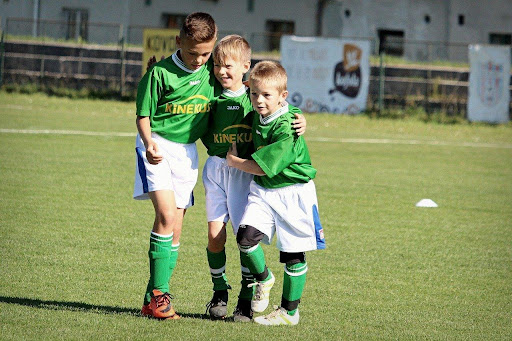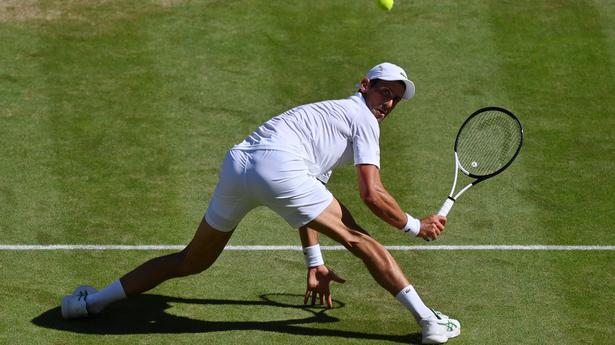Contents
As a parent or coach, understanding your kids is crucial if you want to manage their emotions in competitive sports. Some kids will have problems controlling their feelings when they are losing and easily make mistakes or even lose their tamper. An overly emotional child has problems reaching their peak performance. Don’t worry; the following mental strategies will help you maintain their competitive nature while managing their emotions. The children must remain calm for them to focus on having a great game and playing their best.
Physical Preparation
Do thorough warm-up sessions and prepare the children for the game. Make it known that losing and winning are a part of the competition. Physical preparation prepares their body for the intensity of the game and helps prevent injuries. Develop a stable warm-up routine, including stretches and mobility workouts to increase muscle temperature.
Mental Preparation
Focus on game strategies and establish optimal attention. Please encourage them to recall positive experiences to give them more confidence. Use imagery before a competition to maximize the effect. Imagery uses all sensory experiences and involves emotions, kinesthetic senses, and sounds to improve impact. This helps in winning emotional experiences and helping them overcome difficult situations. This improves mood and confidence, which are vital in a competition.
Use Quick-Set Routine
This involves closing the eyes, clearing the mind, and maintaining deep breathing. It’s great for the final seconds before a competition. The idea is to overcome self-doubt and free the mind from negative influences or distractions. As a result, the mind refocuses quickly, giving the child a competitive edge.
Instill the Idea of Winning or Losing with Grace
Teach the kids that there will be times when winning trophies and awards is not possible, and they should accept the loss with grace. Let them know that losing doesn’t mean they are inferior, but that the other team played better than them. Also, let them know that there is always another chance. Gradually instill self-control by engaging them in games based on their weaknesses and strengths. Also, play games based on luck to prepare their minds for different scenarios. As parents or coaches, the more you practice with the kids, the more they learn graceful defeats.
Emphasize to them that there is more to Sports
Besides competition, it helps the children understand that sports are also a socialization environment that brings satisfaction regardless of the game outcome. This helps break the must-win mentality and accept that even a loss is a learning opportunity. Creating this awareness expands their understanding of competition, and they don’t play with their feelings. Instead, make incremental improvements with the circumstances to help them play a better game the next time.
Teach them Coping Skills
Children should understand that games go either way. When they lose, they should look at what they did wrong or what their opponents did better and vice versa. Doing this nurtures their understanding that competition requires good preparation and playing at your best. It allows them to work on their weaknesses to be more competitive the next time.
Ways to Manage Your Kids Emotions
The competition offers socialization and a learning environment. Teach your children to take positives from each competition and work on their weaknesses. Nurture their sportsmanship at this early age to help them prepare their mind and body for a win or lose situation.




